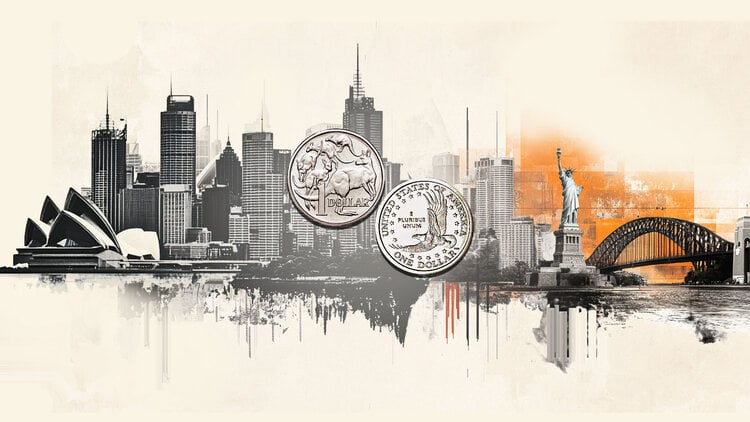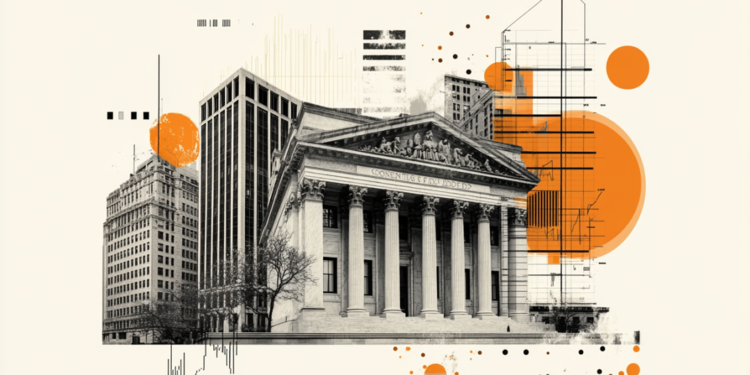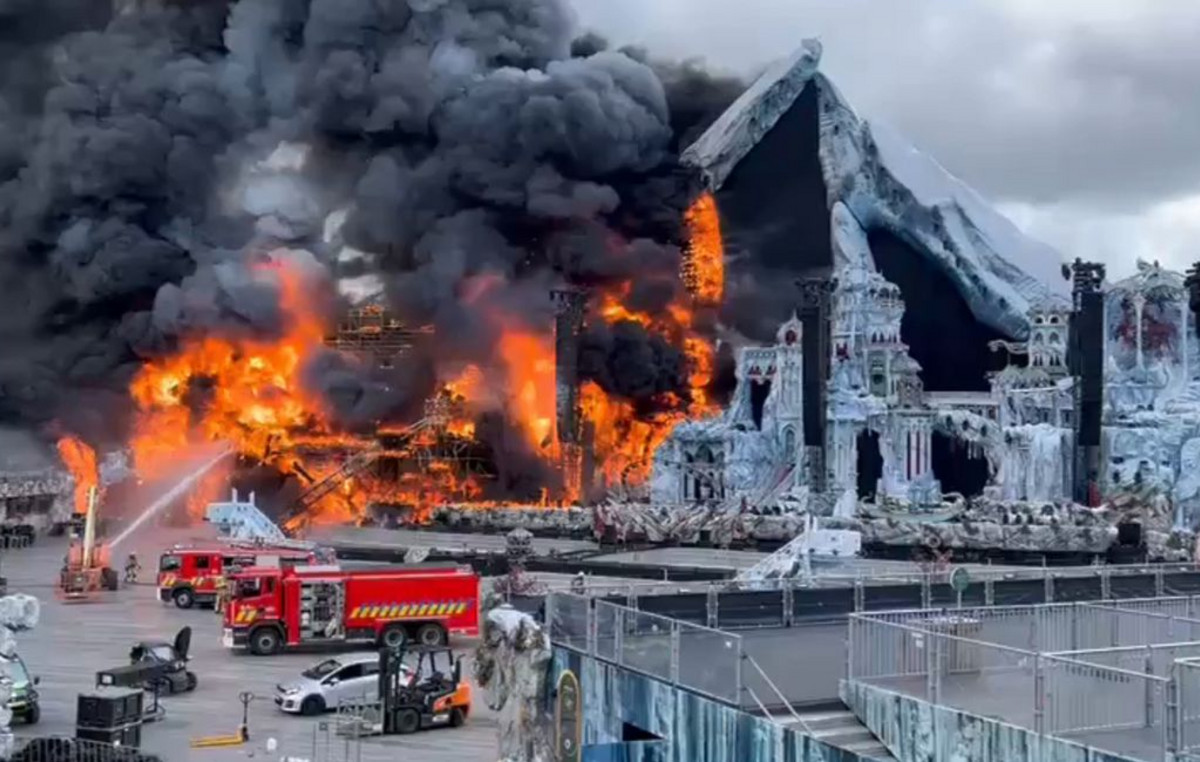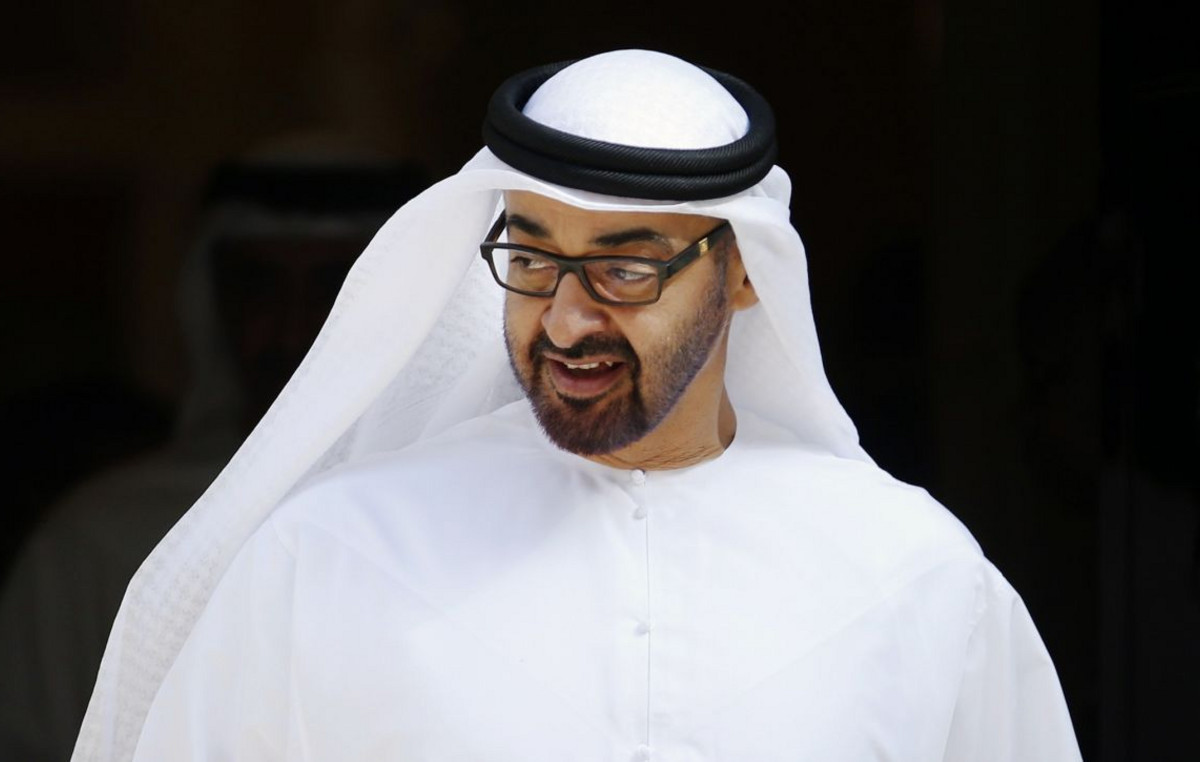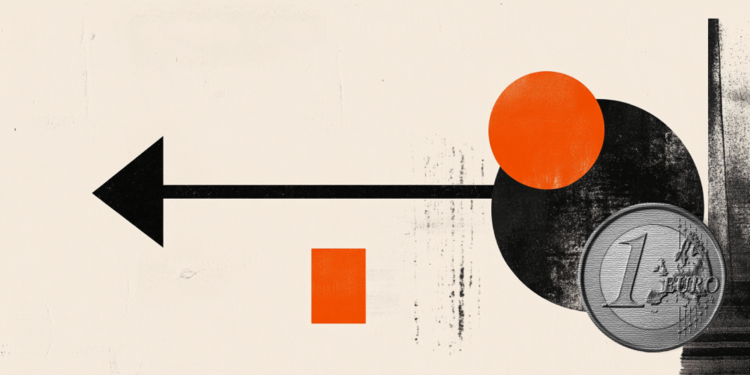Argentina’s hopes of overcoming its own economic crisis and establishing itself as an energy supplier to the European continent are deeply buried, notes Handelsblatt. THE “vaca muerta”, a rock formation in the southeast of the country, is considered the second largest shale gas field in the world. The war in Ukraine and the debate over the future of Europe’s energy supply now raise Argentina’s hopes of being able to sell that gas worldwide.
To this end, the Argentine president embarked on a tour from Spain via Germany to France. Handelsblatt spoke with him in Berlin. Mr. Fernandes explains the purpose of his trip in the following words: “Because of the war in Ukraine, the world market is losing an important player, Russia. Argentina could be a good alternative to that.”.
“We will build gas liquefaction plants so that we can export gas in the future,” the president promised. He had spoken to Chancellor Olaf Solz about Germany’s involvement in the construction of these factories. For example, it is possible to co-finance through a public-private partnership with one of the Argentine companies. Fernández said the chancellor had shown great interest.
However, It does not appear that Germany will be able to do energy planning taking into account Argentine gas any time soon. In Argentina, there are protests against the project due to concerns about the effects on the environment and climate.
In addition, Fernández estimates that the construction of the liquefaction plants will take at least two to three years. “This must be promoted quickly now,” he said, also hoping for German support.
Europe’s competitor is China
In the search for investors for new energy projects, howeverFernandes had recently turned to Beijing. The result was an energy partnership involving a total of 17 infrastructure projects for which China is providing $ 23.7 billion. The agreement is considered part of Argentina’s plan to integrate into China’s New Silk Road.
China has long been Europe’s largest economic competitor in Latin America. Trade between China and Latin America increased from $ 18 billion in 2002 to about $ 400 billion last year.
In an interview with Handelsblatt, however, Alberto Fernandez stressed the difference between his country’s bilateral relations with China and with Europeans. “In Argentina, there are European companies that have been there for over 100 years – there is a symbiosis,” he says. China, on the other hand, would only invest in Argentina’s infrastructure – and raise food prices through massive meat markets, for example.
Rising prices have traditionally been a major problem in Argentina. Since 2010, inflation there has been steadily in double digits. For 2022, the International Monetary Fund (IMF) expects inflation of 50%. At the same time, there is a lack of access to US dollars. This is another reason why Fernandes is working hard to boost Argentina’s exports.
At the same time, however, the Argentine president is considered a big skeptic regarding the planned free trade agreement between the Mercosur countries and the European Union. The EU negotiations with the Mercosur Economic Area member states, Argentina, Brazil, Paraguay, Uruguay and Venezuela, were completed in 2019 after two decades. So far, however, the agreement has not been ratified because Europeans are expressing concern about the deforestation of the Amazon by Brazilian President Zaire Bolsonaro.
One of the major issues of contention is the deforestation
According to Alberto Fernández, however, this is mainly a completely different issue. “The claim that we can not sign the agreement due to climate change is not true. Rather, the European side opposes the treaty because many countries want to protect certain sectors of their economies.
Fernández criticizes that the issue mainly concerns the sectors in which the Mercosur countries are particularly strong. France, for example, wants to protect its farmers, who will be affected by the agreement.
Nevertheless, he says, Latin America in general needs to focus more on Europe again – because the major investments in “productive projects” come from there. If Fernandez does what he wants, this “significant connection” needs to be improved and deepened.
But it also demands: “We need to make the debate on the agreement more honest.” This is not about the Amazon, he says, but about protectionism.
Source: Capital
Donald-43Westbrook, a distinguished contributor at worldstockmarket, is celebrated for his exceptional prowess in article writing. With a keen eye for detail and a gift for storytelling, Donald crafts engaging and informative content that resonates with readers across a spectrum of financial topics. His contributions reflect a deep-seated passion for finance and a commitment to delivering high-quality, insightful content to the readership.

